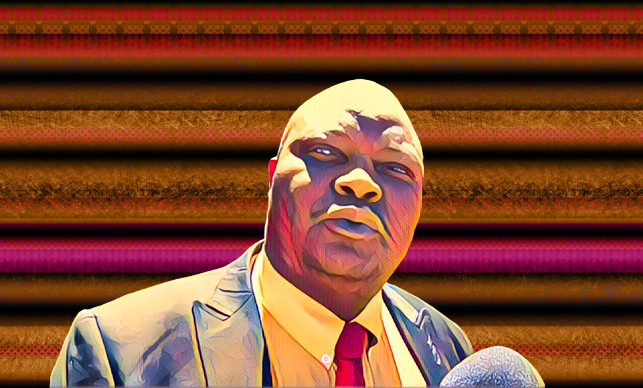KEY POINTS
- Job Sikhala warns that jailing opposition activists will harden their stance rather than silence them.
- He urges Zimbabwe’s government to engage in dialogue, not persecution, to avoid further unrest.
- The ongoing political crackdown threatens to destabilize the nation unless the government adopts a more democratic approach.
The main Zimbabwean opposition MP, Job Sikhala has warned the nation’s President Emmerson Mnangagwa against continuing jailing and persecution of the opposition as it strengthens the will of the opposition.
After months of imprisonment himself Sikhala stressed that the government’s crude persecution of political opponents is pushing the country into further political instability and polarization.
Sikhala said that the beating up of the opposition activists, some of whom have been jailed for protesting or opposing government policies, will only make them more defiant.
He said that putting the activists behind bars for protesting is the surest way of drawing attention to the frailties of the current leadership and their intolerance to opposition.
African activists’ imprisonment intensifies the struggle.
Sikhala said this despite acknowledging that it is common for some governments to persecute opposition leaders as an act of intolerance of the opposition which he said is wrong and unwise.
“The more you jail us, the more you radicalize us,” he said, implying that the measures adopted by Mnangagwa’s government will deepen the unrest.
New Zimbabwe reports that most of the opposition leaders and human rights activists are detained on political charges as per the critics. Zimbabwe has been increasingly coming under pressure from the international community due to its policies on opposition members and general human rights abuses.
According to Sikhala, these arrests are part of a broader systematic crackdown by Mnangagwa’s regime to neutralize the opposition.
A history of crackdowns
Zimbabwe has, over a long time, had a record of political persecution during Mnangagwa’s rule and before this time he was under Robert Mugabe.
Human rights activists, reporters, and figures of the opposition faced imprisonment or fled the country in recent years.
Sikhala is a member of the political opposition in Zimbabwe, and he was arrested and detained several times for his comments, including his most recent arrest. He has continued standing firm, saying such strategies will not demoralize the opposition.
The arrest of political activists has always been practiced, but Sikhala says it is worsening under Mnangagwa.
This crackdown on dissent put the nation in further danger of stumbling into a more precarious state as more activists are being arrested, detained and denied trial. Sikhala’s statements have found support among those who want a democratic Zimbabwe, and the government is under pressure to change its policy.
It is a call for dialogue, not persecution.
Sikhala’s message is clear: the way forward for Zimbabwe cannot be through fear, imprisonment and persecution. He called on the government to dialogue with the opposition parties rather than using force.
The political scientists opine that the only way out of the current political crisis in Zimbabwe is for the government to relinquish some of the power it holds and allow for an opposition to exist.
“But there is still time to choose a different path,” Sikhala said. He opines that the future of Zimbabwe politics is dependent on the government’s willingness to deal with its detractors not suppress them. Sikhala says that the current approach will only breed more problems and instabilities in the country.
Even though the political freedom in the country has been limited for many years, there is still a chance that the conversations and changes will win.
Zimbabweans, including Sikhala, want to know a world where political dissent is not punished with a jail term but with dialogue that may lead to change.


